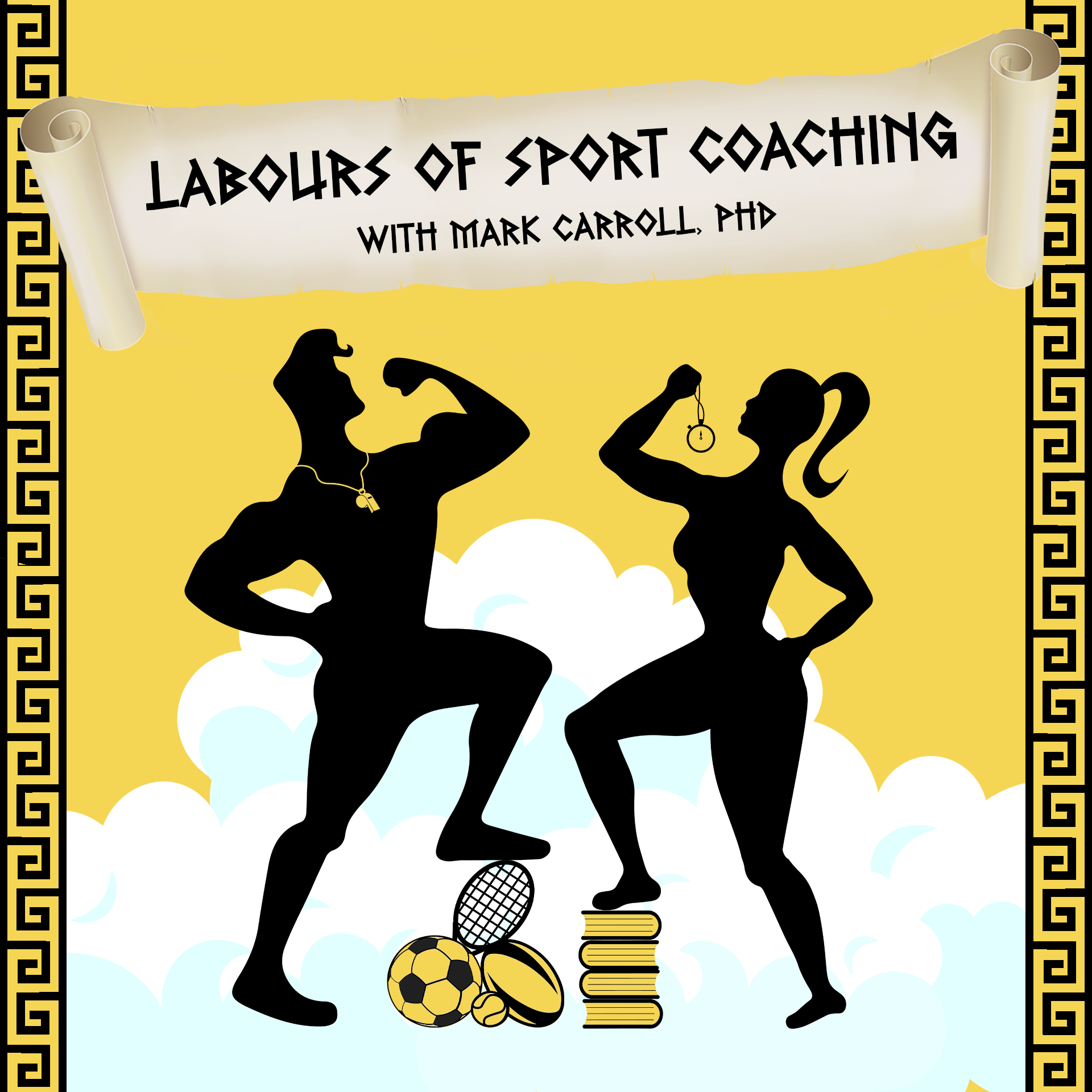Mark Williams - Debunking myths in skill learning and performance
Sign up to my FREE motivational psychology newsletter:
Subscribe | Labours of Sport Coaching - The Self-Determined Coach
In this episode, Professor Mark Williams and I discuss discuss several myths surrounding skill learning and performance in sports, and what the practical implications are for sport coaches looking to support athletes. We explore the place of cognitive skills, the role of visual function, and the significance of anticipation over reaction time. The conversation also delves into the integration of technology in training, the transfer of skills across different sports, and the distinction between performance and learning in practice sessions. We consider the need for coaches to critically evaluate their training methods and the effectiveness of their approaches. The discussion also problematises the race for strong research and innovation in sports organisations, the challenges of talent identification, and the dogma of constraints-led versus cognition led approaches to coaching, advocating for a more integrated and evidence-informed - but not necessarily driven - methodology in athlete, and coach, development.
Takeaways
- Myths in skill learning and performance can mislead practitioners.
- Cognitive skills alone do not determine expertise.
- Visual function does not guarantee superior performance.
- Anticipation is more important than reaction time.
- Technology must be integrated effectively into training.
- Transfer of skills across sports is not guaranteed.
- Performance in practice does not equate to learning.
- Coaches should focus on long-term player development, without losing sight of situational importance of now.
- Experience plays a crucial role in developing cognitive skills.
- Evaluating training effectiveness is essential for coaches. There is a need to balance performance and learning in training.
- Gimmicks are rife in the commercialised world of innovative coaching methods
- Drills can be beneficial but must maintain specificity to be effective.
- Neuroscience has potential but lacks strong empirical support in sports training.
- Talent identification models often lack empirical evidence for their effectiveness.
- The constraints-led approach requires experienced coaches to be effective.
- Coaching should be viewed as an art form or philosophy informed by science.
- Specificity in practice environments is essential for skill transfer..
- Collaboration between skill acquisition specialists and coaches is necessary for progress.
Chapters
03:00 The Importance of Scientific Evidence
07:04 Decision-Making Under Pressure
17:36 Visual Function in Experts
28:26 The Role of Technology in Skill Development
37:02 The Myth of Transfer of Skills Across Sports
40:34 Pathways to Excellence in Sports
41:50 The Importance of Physical Literacy
46:47 Specificity vs. Repetition in Training
49:27 Performance vs. Learning in Practice
01:01:30 The Role of Neuroscience in Sports Training
01:10:34 The Role of IQ in Sports Performance
01:14:24 Challenges in Talent Identification
01:19:19 The Constraints-Led Approach to Coaching
01:21:48 Navigating Coaching Philosophies
01:34:16 Optimizing Practice for Performance
If you enjoy hearing about this topic, I suggest checking out these previous episodes:
Shawn Myszka - Skill acquisition specialists FOR coaches
Laura Carey - Neural activity in expert performance
Rob Gray - Clarifying constraints based coaching
Learn more about your host and access my services:
https://markjcarrollcoaching.wordpress.com/consultancy/
Support the show by becoming a patron:
https://labours-of-sport.captivate.fm/support
Connect with me on LinkedIn:
https://www.linkedin.com/in/markjcarrollresearcher/

